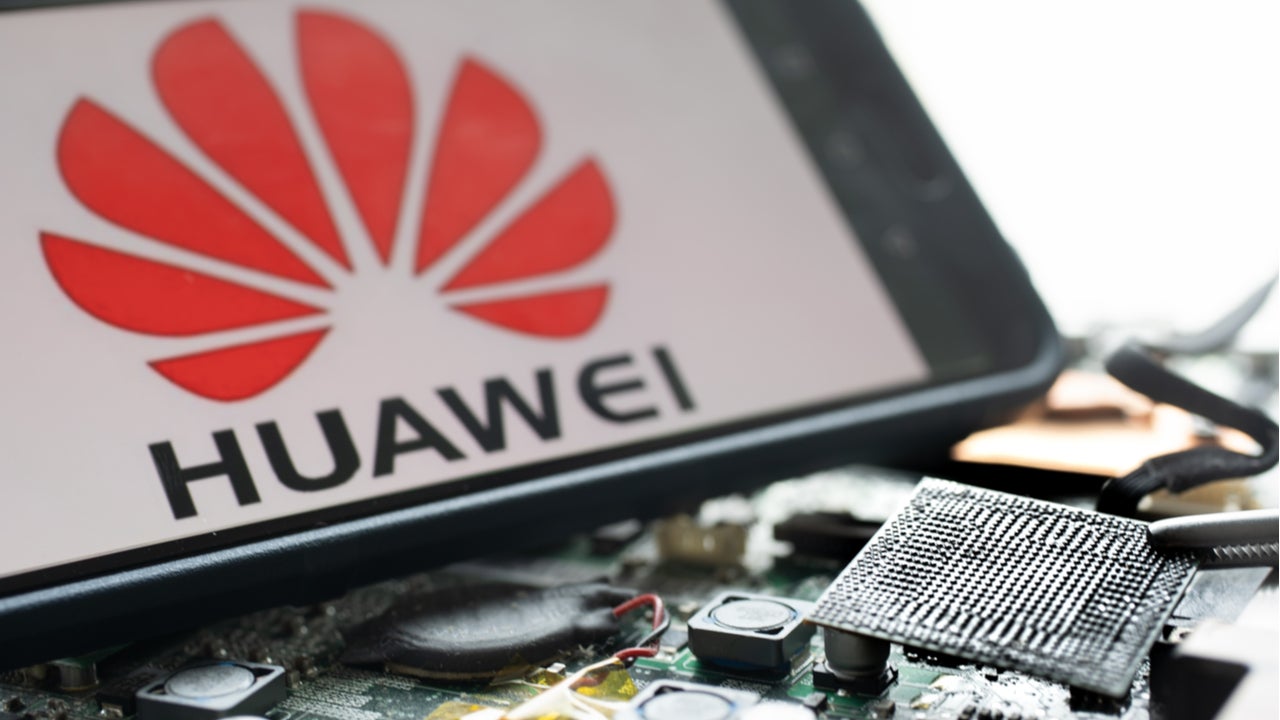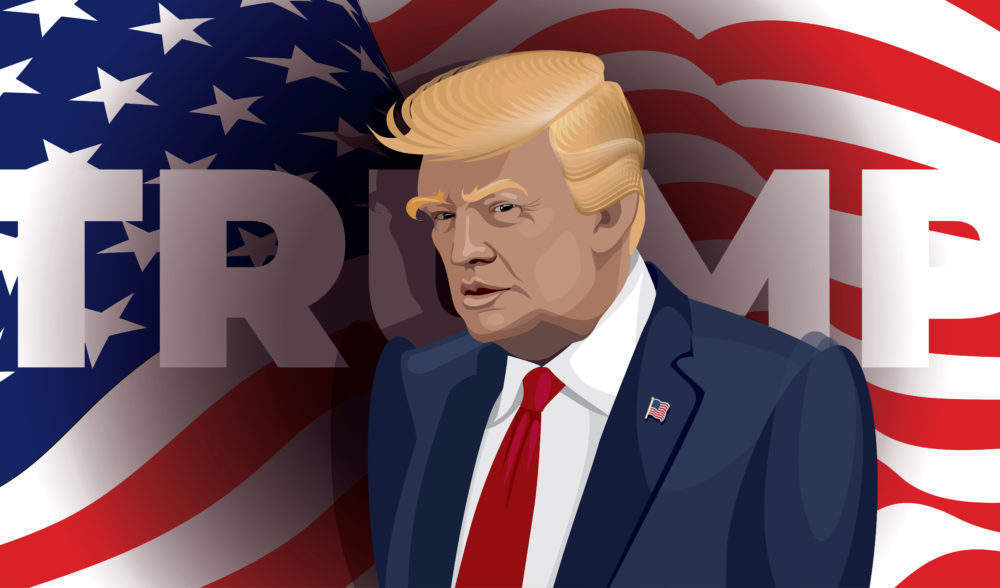
Huawei is stepping up its foray into the field of lithography machines in what appears to be another step taken by the Chinese tech titan towards becoming self-sufficient. The news comes a few days after the company launched its first domestically-developed operating system HarmonyOS.
According to Chinese media, Hubble Technology Investment, a subsidiary fully owned by Huawei, subscribed for a capital contribution of 9.6m yuan ($1.5m) to become the seventh-largest stakeholder of Beijing RSLaser Optoelectronics Technology (BOET), which focuses on the deep ultraviolet (DUV) light source system – one of the three core technologies – of lithography machines.
BOET, founded in 2016, relies on the technical foundation of two of its main shareholders, the Institute of Optics and Electronics and the Institute of Microelectronics of the Chinese Academy of Sciences and the financial backing of Beijing E-town International Investment and Development and Xuzhou Guangyuan Equity Investment Partnership.
Hubble Technology Investment, Huawei’s investment arm, was founded in April 2019 and has thus far invested in 28 semiconductor-related enterprises.
“Huawei’s move is mainly intended to offset loopholes and shortcomings caused by US restrictions, while supporting enterprises with high recognition to produce a higher level of products through investments. This is crucial for reducing China’s reliance on certain countries and enterprises in the global semiconductor industry,” an expert told the Global Times.
Sources close to the matter said that Huawei had been forced recently to rely on domestic wafer foundries to fabricate 14 nanometre (nm) and 28nm chips, as all manufacturers capable of fabricating 7nm chips have been banned from supplying Huawei following US sanctions.
How well do you really know your competitors?
Access the most comprehensive Company Profiles on the market, powered by GlobalData. Save hours of research. Gain competitive edge.

Thank you!
Your download email will arrive shortly
Not ready to buy yet? Download a free sample
We are confident about the unique quality of our Company Profiles. However, we want you to make the most beneficial decision for your business, so we offer a free sample that you can download by submitting the below form
By GlobalData“Huawei is actually investing in its strategic resources, which will have a significant impact on the company’s development strategy, as it wants to make a big difference in lithography,” Xiang Ligang, director-general of the Beijing-based Information Consumption Alliance, told the Global Times.
Under the pressure of a global chip shortage and US sanctions, China is ramping up its domestic semiconductor industry. As part of its 14th Five Year Plan, the government laid out its goal to establish economic and technological self-sufficiency. Inherent in this goal is building a ‘de-Americanised’ semiconductor supply chain.
In November last year, GlobalData’s analysis predicted that China was well on track to make its own 28nm chip by late 2021 and 20nm by early 2023 without recourse to US fabrication technology and equipment.







